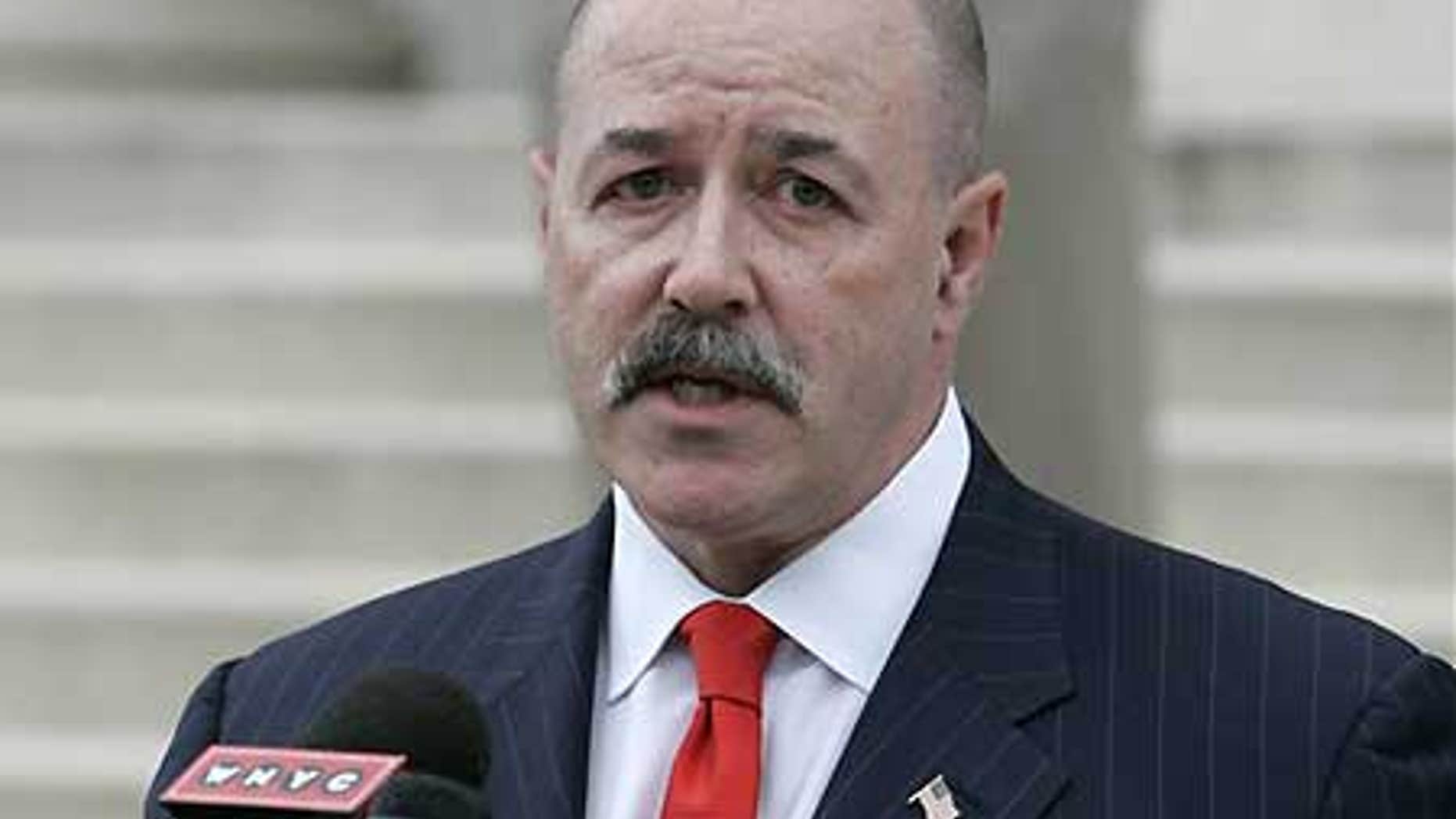Search for Escaped Inmate in the United States

About the People Mentioned
Grant Hardin
Grant Hardin is an American voice actor and comedian, best known for his work in the entertainment industry, particularly in voice acting and comedy roles. While specific details about his early life and career trajectory are not widely documented, Hardin has gained recognition for his contributions to various animated series and films. Hardin's notable roles include voicing characters in several animated productions, though specific titles are not extensively listed in public sources. His work in voice acting has been recognized for its versatility and ability to bring characters to life. Beyond voice acting, Hardin is also involved in comedy, often performing stand-up and participating in comedy sketches. His comedic style and ability to engage audiences have made him a figure of interest in the entertainment community. Hardin's achievements in the entertainment industry are marked by his ability to adapt to different roles and genres. While he may not be a household name, his contributions to the world of voice acting and comedy are valued by those familiar with his work. His current relevance lies in his continued involvement in projects that showcase his talent for voice acting and comedy. Recently, there have been no major public announcements or events specifically highlighting Grant Hardin's activities. However, his work continues to be appreciated by fans of animated series and comedy. Hardin's career exemplifies the dedication and versatility required to succeed in the competitive entertainment industry. Despite not being widely covered in mainstream media, his contributions are acknowledged by those who follow his work. Hardin remains a figure of interest for those passionate about voice acting and comedy, and his career continues to evolve through his ongoing projects.
About the Organizations Mentioned
U.S. Border Patrol
The **U.S. Border Patrol (USBP)**, established by Congress on May 28, 1924, is a federal law enforcement agency tasked primarily with preventing illegal immigration and unauthorized border crossings into the United States, especially along the Mexico–U.S. and Canada–U.S. borders[1][2][3]. Its creation was driven by concerns over rising illegal immigration, particularly from Mexico, which outpaced legal immigration despite economic dependencies on Mexican labor in agriculture[1]. Initially part of the U.S. Department of Labor, the Border Patrol later became part of the Immigration and Naturalization Service (INS) and, after 2003, was incorporated into U.S. Customs and Border Protection (CBP) under the Department of Homeland Security[2]. The Border Patrol started with 450 officers and focused on land border enforcement but expanded to coastal patrols by 1925 and operations along the Gulf Coast by 1927[2][3]. Over the decades, it evolved into a more professional law enforcement organization, establishing training academies and adapting to new challenges such as civil rights issues and airplane hijackings in the 1960s[5]. Notable historical operations include "Operation Wetback" in the 1950s, a military-style campaign forcibly deporting over a million workers, which remains controversial due to human rights abuses and racialized policing rooted in its origins linked to earlier exclusionary and violent border enforcement practices[4]. Today, the Border Patrol is a critical component of U.S. border security, combining technology, surveillance, and personnel to manage complex immigration and security issues. It operates under CBP and continues to face scrutiny regarding its balance between enforcement, humanitarian concerns, and civil rights[4]. Its history reflects broader American immigration policy debates and evolving border security technologies, making it a significant agency at the intersection of law enforcement, immigration control, and technology innovation in national security[2][4][5].
Texas
The entity "Texas" referenced in the query is best understood as the **State of Texas**, a major U.S. state known for its robust economy, dynamic business environment, and technological innovation. Texas is not a single organization but a state government and economic powerhouse that plays a pivotal role in business and technology sectors nationwide. Texas boasts the **most powerful economy in the U.S.**, recognized as the best state for doing business for two decades. It leads the nation in job creation, economic development, and new business startups, making it a prime environment for entrepreneurs and corporations alike[1]. The state’s economy is diverse, with strong sectors including oil and gas, manufacturing, technology, and finance. Historically, Texas has leveraged its natural resources and strategic location to become a business hub. Companies like Arnold Oil Company, an 85-year-old family business, exemplify Texas’s deep-rooted industrial heritage and ongoing entrepreneurial spirit[1]. The state government actively supports business growth through initiatives like specialized business courts for complex litigation, enhancing legal efficiency and business confidence[1]. In technology, Texas is a national leader, ranking No. 1 for technology innovation and semiconductor production, crucial for powering consumer electronics and advanced computing[1]. The state has also established a **Space Commission** to propel space exploration activities, collaborating with entities like NASA, SpaceX, and Blue Origin, positioning Texas at the forefront of aerospace and space tech industries[1]. Additionally, Texas launched its own stock exchange, the Texas Stock Exchange, aiming to become America’s financial capital[1]. Politically, Texas maintains a proactive legislative agenda, with frequent sessions addressing business, technology, and infrastructure policy, supported by a substantial budget surplus to fund key initiatives[3][6]. The state actively refines its regulatory and tax frameworks to attract and sustain business investments, including constitutional amendments aimed at tax exemptions for businesses[2][10]. Overall, Texas exemplifies a vibrant, innovation-driven economy backed by strong governance and a business-friendly











